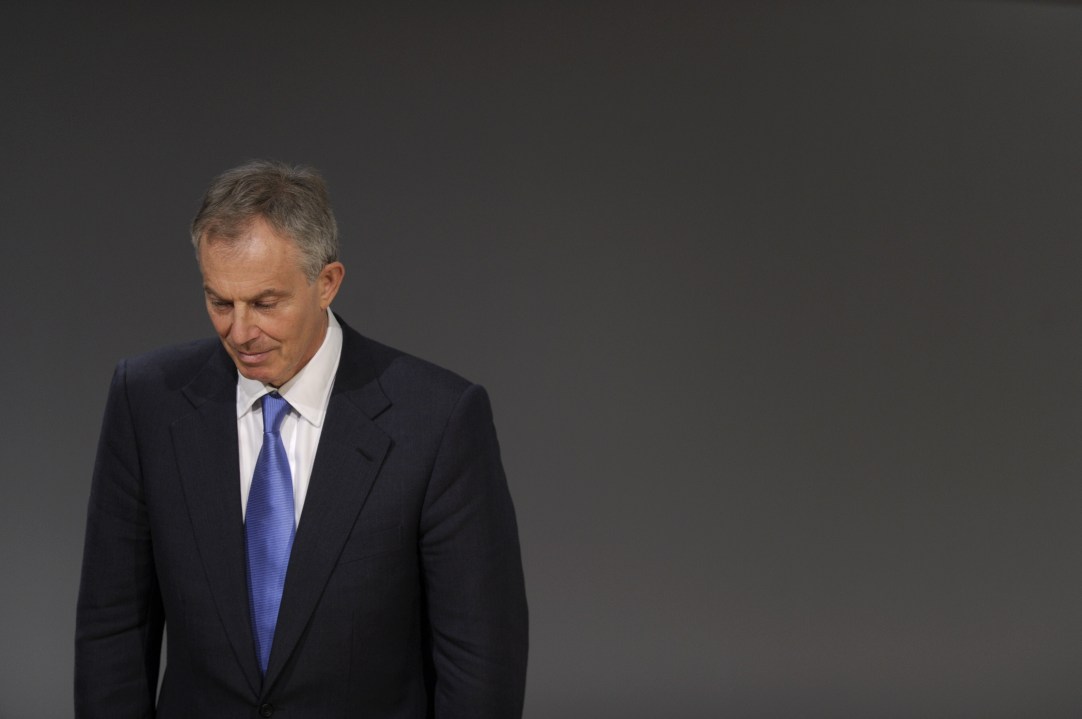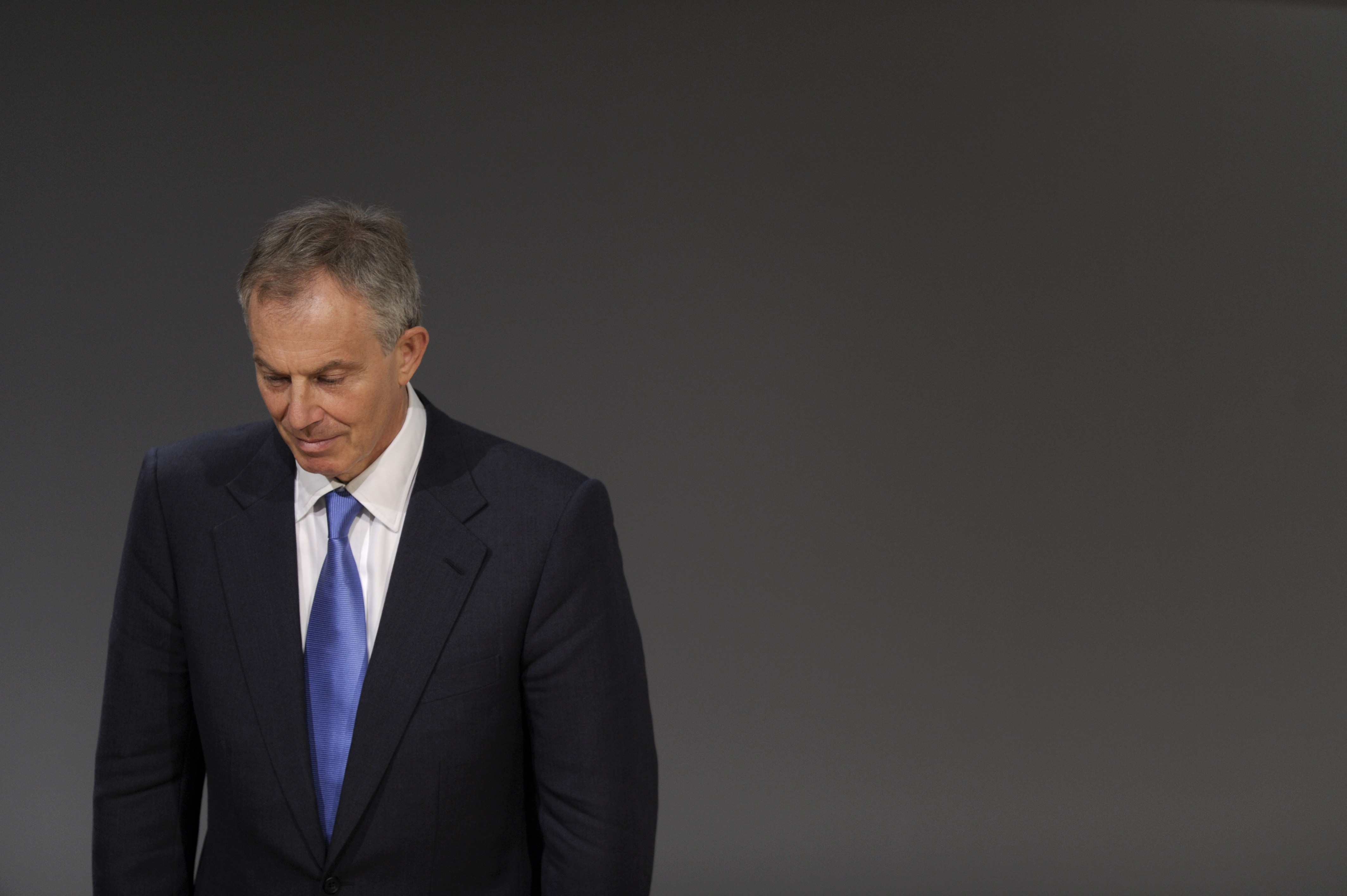 The Iraq Inquiry had been conspicuously silent, but now John Chilcot’s team has called
Tony Blair to give evidence again. It’s expected that our former PM will make the trip to the Queen Elizabeth II centre early next year. That would push the expected deadline for the inquiry’s work
finishing – at the end of this year – into 2011.
The Iraq Inquiry had been conspicuously silent, but now John Chilcot’s team has called
Tony Blair to give evidence again. It’s expected that our former PM will make the trip to the Queen Elizabeth II centre early next year. That would push the expected deadline for the inquiry’s work
finishing – at the end of this year – into 2011.
Few people, however, expect the inquiry to say anything novel or get Tony Blair to say anything different than before. Its well-phrased final report may change policy in the margins – but in the security establishment there is little question of what needs doing. RUSI has published reams of reports on this, as has the Defence Committee, while every official who has served in Kabul, Helmand, Baghdad or Basra can rattle off a list of required reforms.
The issue has been the lack of will to innovative and the small-c conservatism of a bureaucratic establishment that corporately still cannot admit it gave Tony Blair and Gordon Brown sub-standard military and policy advice.
As a result, the recent Security and Defence Review had many important innovations, but could have gone much further in developing the government’s capacity for complex emergencies. I still await, for example, the transformation of the Royal College of Defence Studies into a civilian-led, cross-departmental National Security College.
What could change the situation? Two inter-related elements: a strongly-worded, recommendation-heavy Iraq Inquiry report which calls time on the bureaucratic obfuscation; and the creation, on the eve of the inquiry’s termination, of a new Afghanistan Inquiry set up to investigate the UK effort from 2001 until 2009.
While the Prime Minister was keen to emphasise new military capabilities while visiting Camp Bastion in Helmand, his government would do well to examine the lessons of the overall operation – lest the real lessons from the past 10 years of war-fighting remain “unlearnt”.







Comments